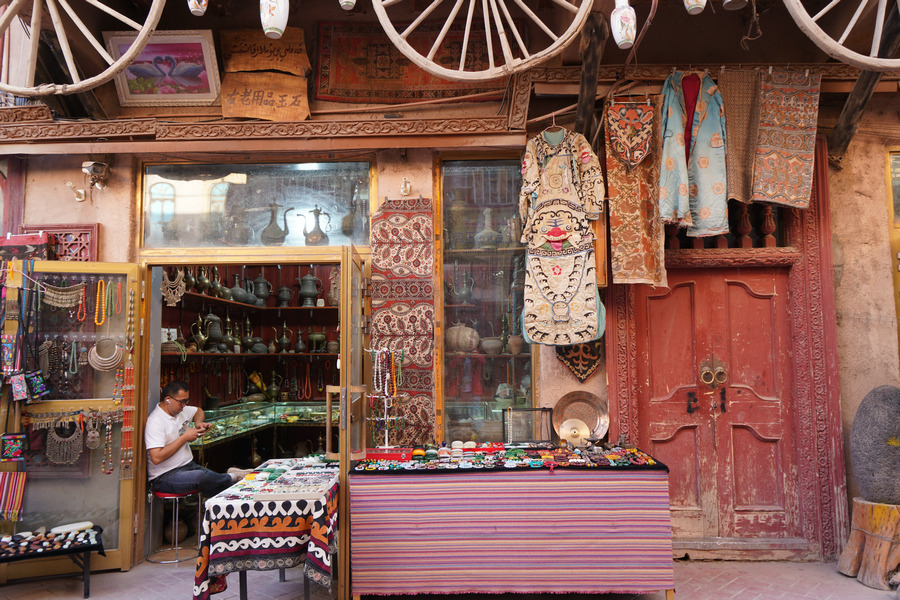More than a place of pilgrimage


"To achieve that ambitious goal, we have to do our homework. It's like building a house, and we made our first move by having a Chinese public relations company represent us in China," she says.
"Now, we have to paint the house by sharing what we can offer on China's social media and travel agencies. All those platforms are enabling us to communicate with the Chinese people directly."
Chinese online travel agency Ctrip is one of the tourism bureau's partners.
Hu Wenyu, who's in charge of Ctrip's business in the Middle East and Africa, says Ctrip has upgraded their Jerusalem-tour products to offer unique experiences. Chinese visitors can enjoy dinner with a Jewish family and watch virtual-reality videos about the city's history.
The tourism bureau has also opened official accounts on WeChat and Sina Weibo to share such content as travel tips and itineraries.
Melchior hopes Chinese who visit Jerusalem tell their own stories on social media.
Meanwhile, the city is improving its infrastructure and facilities like free Wi-Fi access.
Some businesses in Jerusalem allow tourists to use the popular Chinese mobile payment platforms WeChat Pay and AliPay. The tourism bureau is encouraging more businesses to follow suit.
They're also working to translate into Chinese such materials as signage in cities and the airport, and brochures and audio guides at attractions.
"When I was in a train station in China, I suddenly understood what it feels like when you don't speak the local language," Melchior says.
"It's like being in others' shoes. Similarly, we shouldn't take it for granted that everyone speaks English."
Contact the writer at [email protected]

































